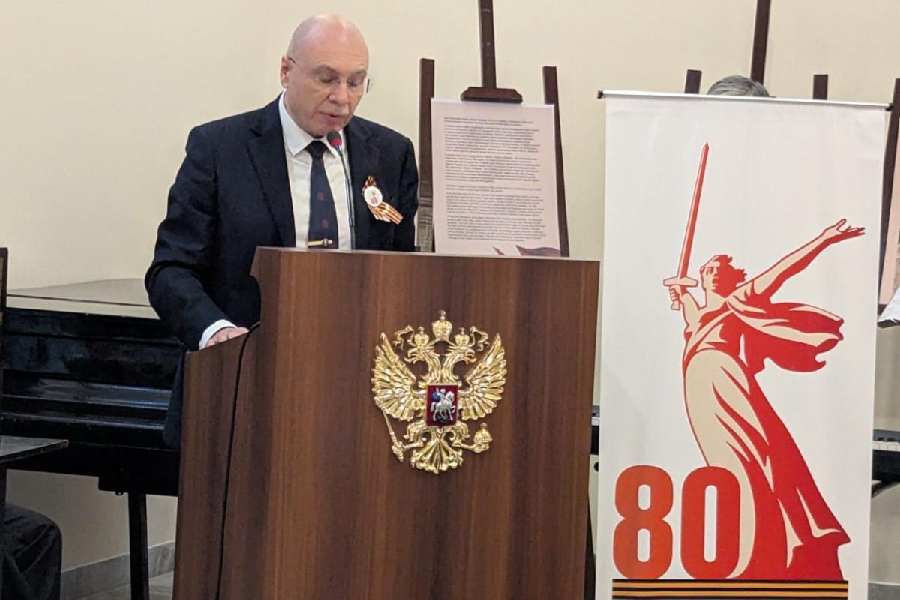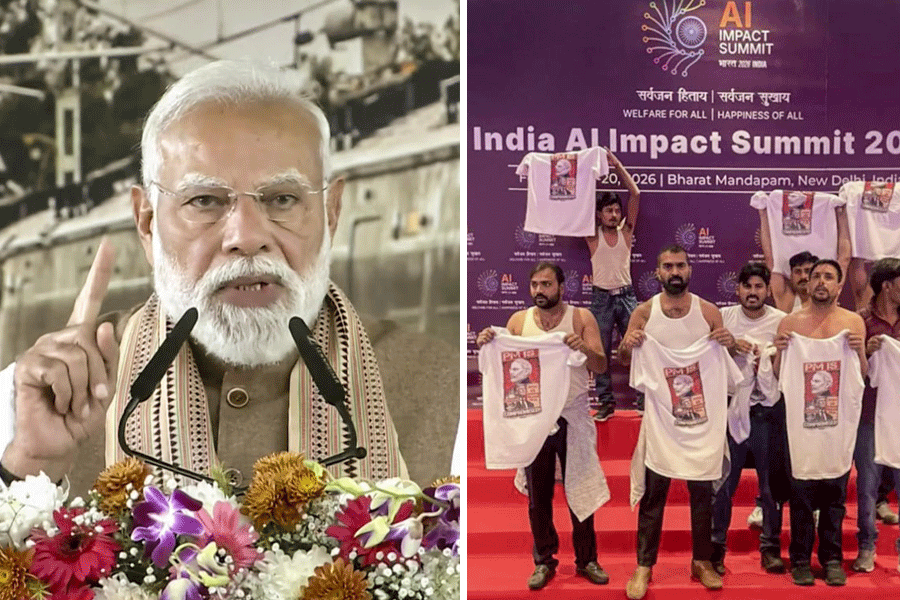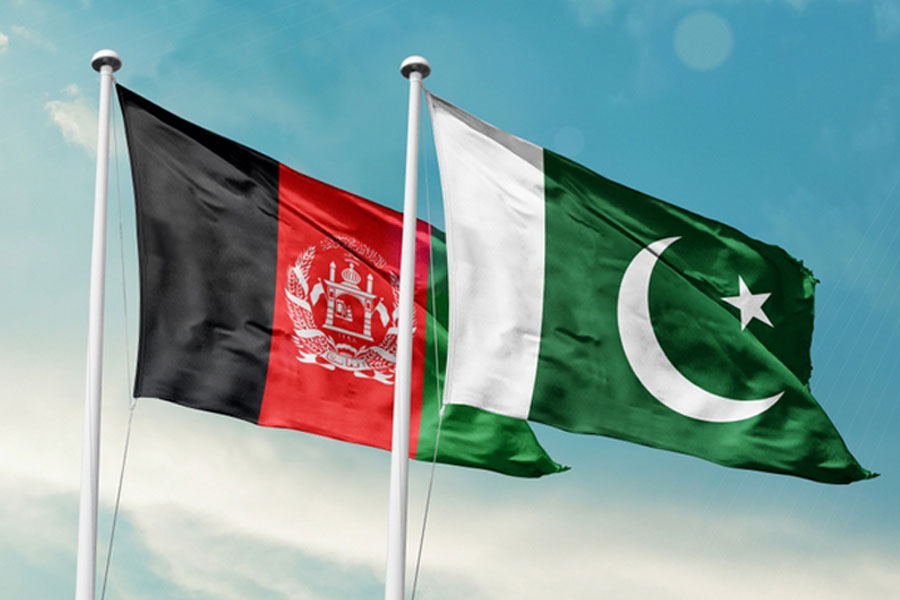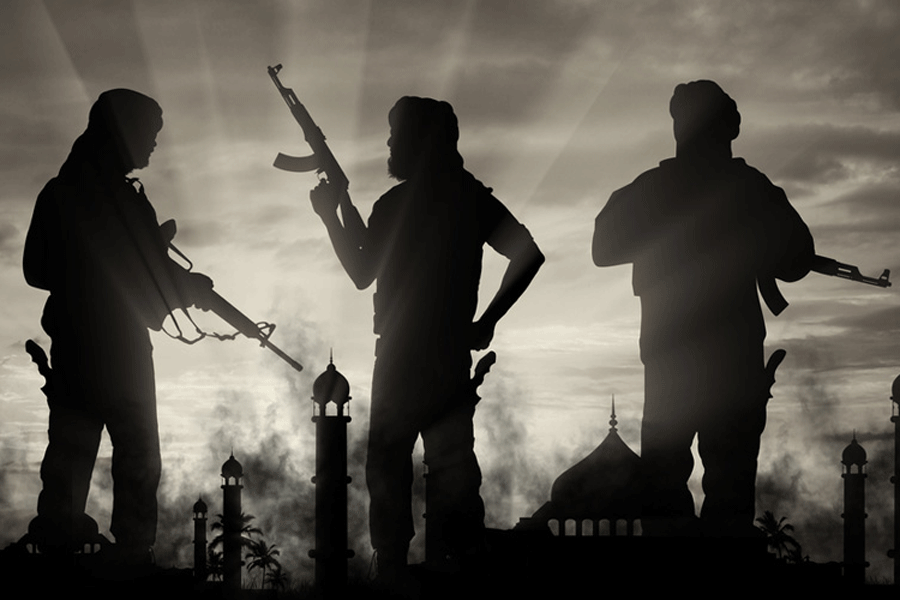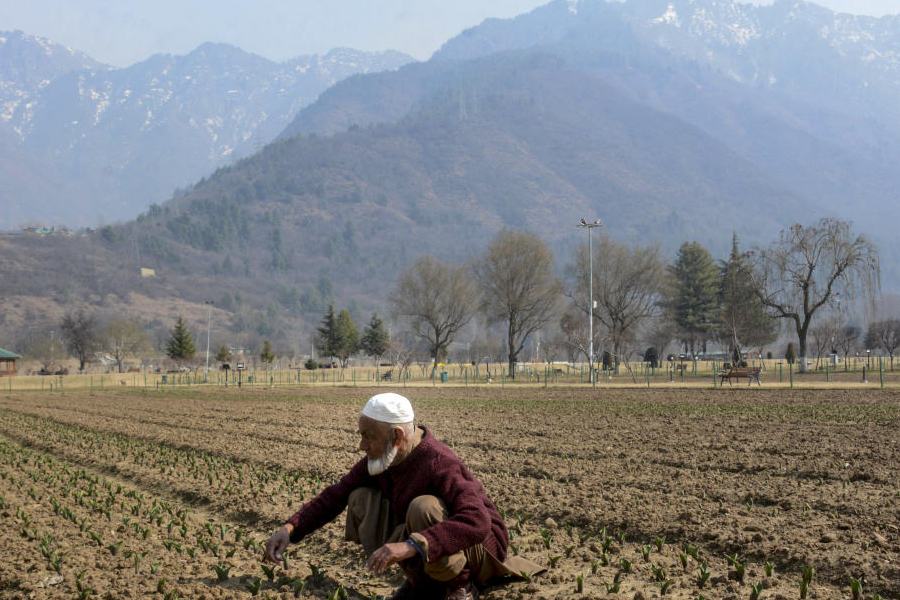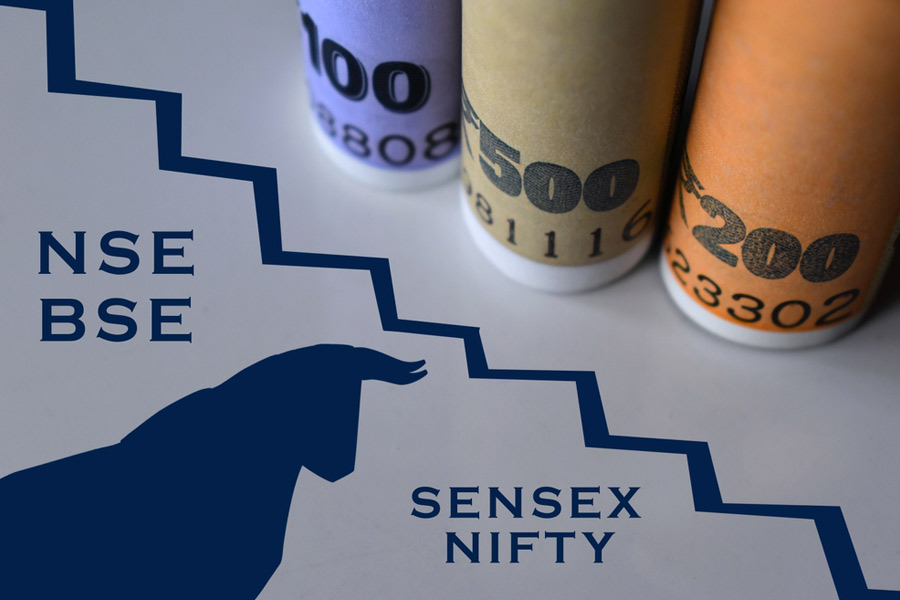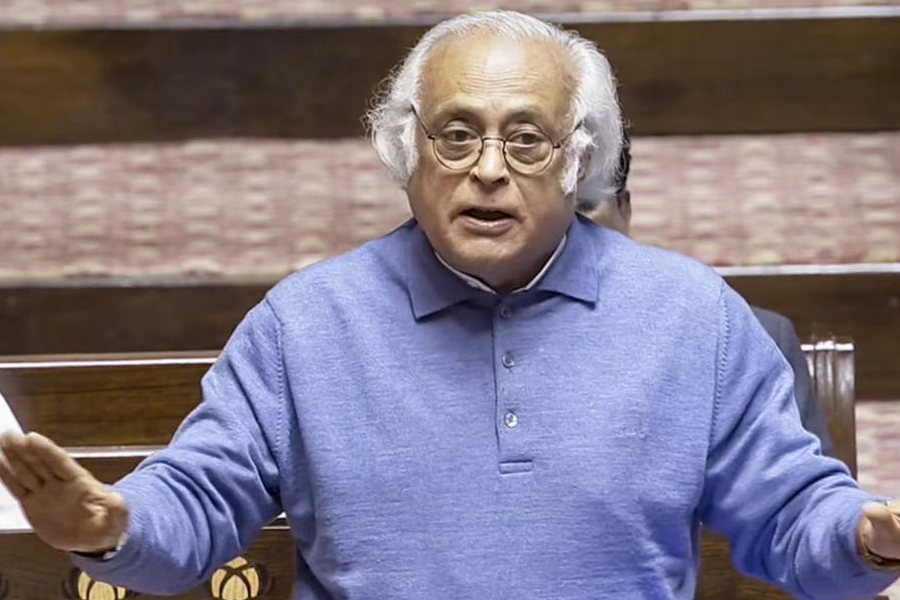A banner hung high over the chairs of audience members could not have caught the eye of too many guests attending the 80th anniversary of the Soviet Union’s victory over Nazi Germany in World War II. But that piece of cloth held historic and emotional significance for many of the Russian expatriates present at the recent Victory Day commemoration at Gorky Sadan.
“The original banner was raised atop the Reichstag in Berlin to mark the fall of Berlin. It is now in the Central Museum of Armed Forces in Moscow,” said Irina Malysheva, who had brought the flag. Indeed, pictures of the banner being raised in Berlin by three Red Army soldiers from the Idritsky division featured among the photographs exhibited on the walls, alongside shots of the victory parade at Red Square in Moscow in June 1945 — from the collection of Tass news agency.
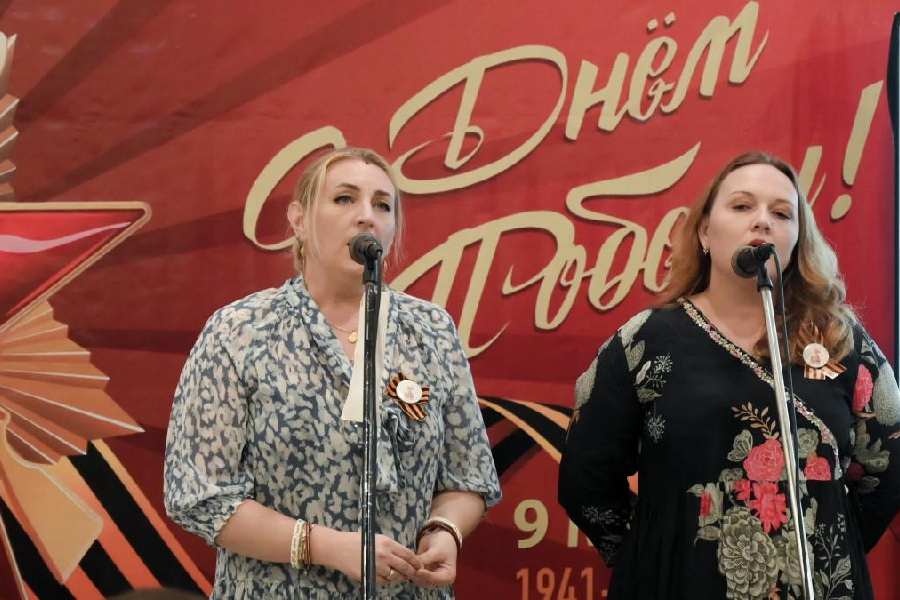
Tatiana Bogdanova and Lyubov Glukhovskaya sing the poignant Russian song Dark Night, from the film Two Soldiers
The banner that hung at Gorky Sadan was a hand-painted replica that Malysheva had received from the daughter of one of the three soldiers in April. “Replicas of the banner were sent to 52 countries. This is the one that came to India,” she said, describing herself as the India coordinator of the Immortal Regiment campaign.
“It is a worldwide campaign called Immortal Regiment, in which people walk on May 9 with photographs of their ancestors, grandfathers, great grandfathers, who died or went through WWII in major cities of Russia and across the world during the Victory Day celebration,” explained consul general Maxim Kozlov. “This holiday is called prazdnik so slezami na glazah, or holiday with tears in the eyes.”
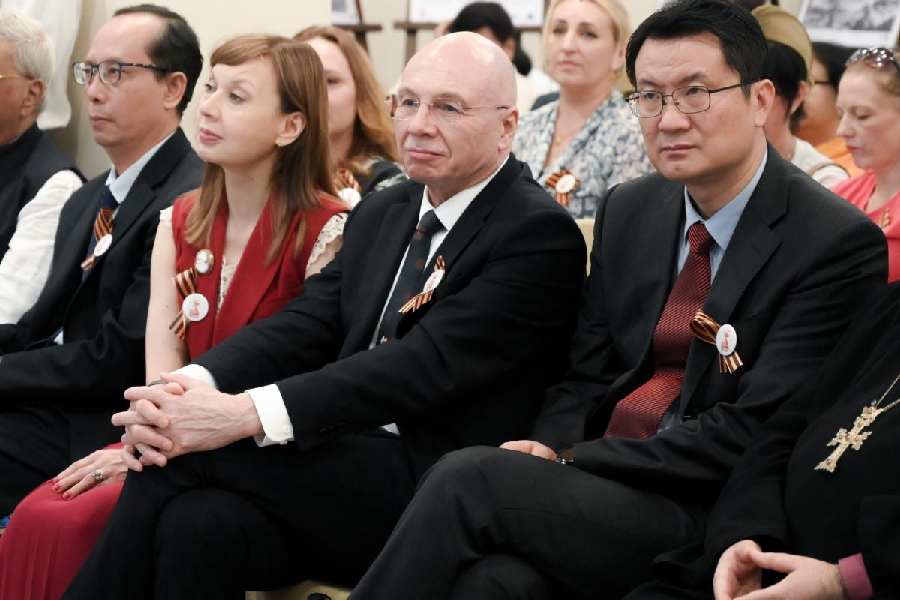
Russian consul general Maxim Kozlov and his wife Natalia Gerasimova flanked by Myanmar consul general Aung Aung Myo Thein and Chinese consul general Xu Wei (right)
The Eastern Front, where the Soviet Union and Germany clashed, has been described as among the largest and deadliest land wars in history. It involved millions of soldiers and resulted in staggering casualties on both sides. The Soviet Union suffered immense casualties during the war, with an estimated 27 million deaths, including 8.7 million military personnel and 19 million civilians. “Someone died in almost every family,” said the consul general, who lost his own grandfathers. “My father’s father, stationed at the USSR’s western frontier, fell on the very first day of the Nazi invasion. My mother’s father went through the whole war and died heroically just two months before victory, during the advance on Berlin. So this day brings glory but there is also a lot of sadness.”
He also remembered “with deep appreciation” the Red Army Aid Fund, set up in India, and the Indian soldiers who helped reach vital supplies. He also mentioned the “great sons of China” who fought alongside the Russian soldiers.
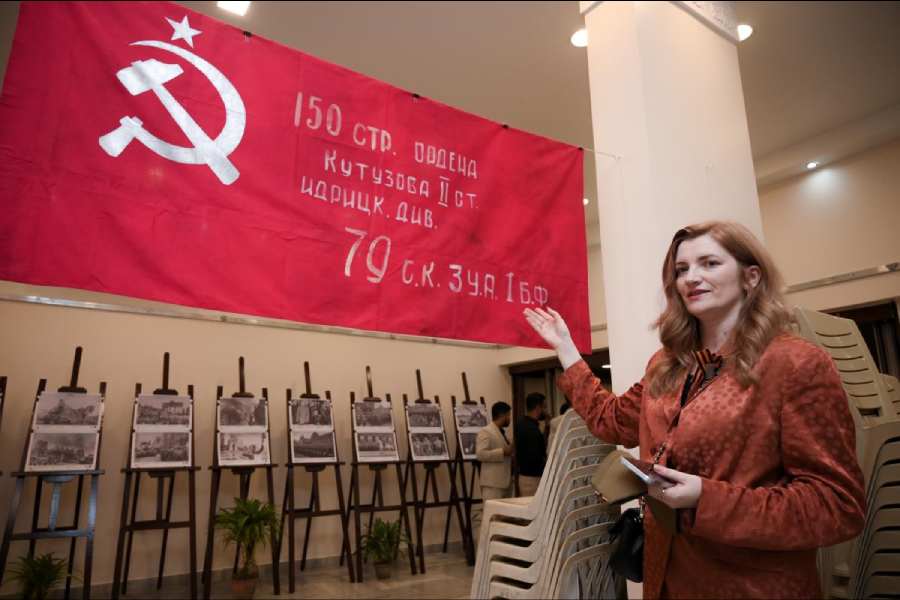
Irina Malysheva points to a replica of the historic banner that she had brought from Moscow
About 20 expatriates walked in the Gorky Sadan campus with the banner. Another rally, said Malysheva, was held in Mayapur, which has a Russian population among the Iskcon devotees.
The sadness was also there in the song selection of the Russian singers in the musical programme that took place. Tatiana Bogdanova and Lyubov Glukhovskaya sang Dark Night, from the film Two Soldiers, in which a soldier on the battlefield remembers his wife and child. “Performing here makes me feel a deep connection with my country and gives me a chance to show gratitude to our ancestors who fought for us. Because of their sacrifice, we are here to tell their story,” said the lady who has been married to a Calcuttan for three years and wears a vermilion streak on her forehead. “I am Bangla bou. Sindoor is a sign of devotion to my husband and his culture,” she said.
Natasha Ghosh, a student of the Institute of Russian Language, sang the plaintive Zhuravli (cranes), on the fallen soldiers in the war who turn into cranes and fly away. The event also featured instrumental music by Russian composers like Pyotr Tchaikovsky and Dmitri Shostakovich by students of the Academy of Musical Excellence.
Among the guests, there were priests of the Armenian Church as well as diplomats from China, Thailand and Myanmar.
Sudeshna Banerjee
Pictures: Meghnil Mondal

